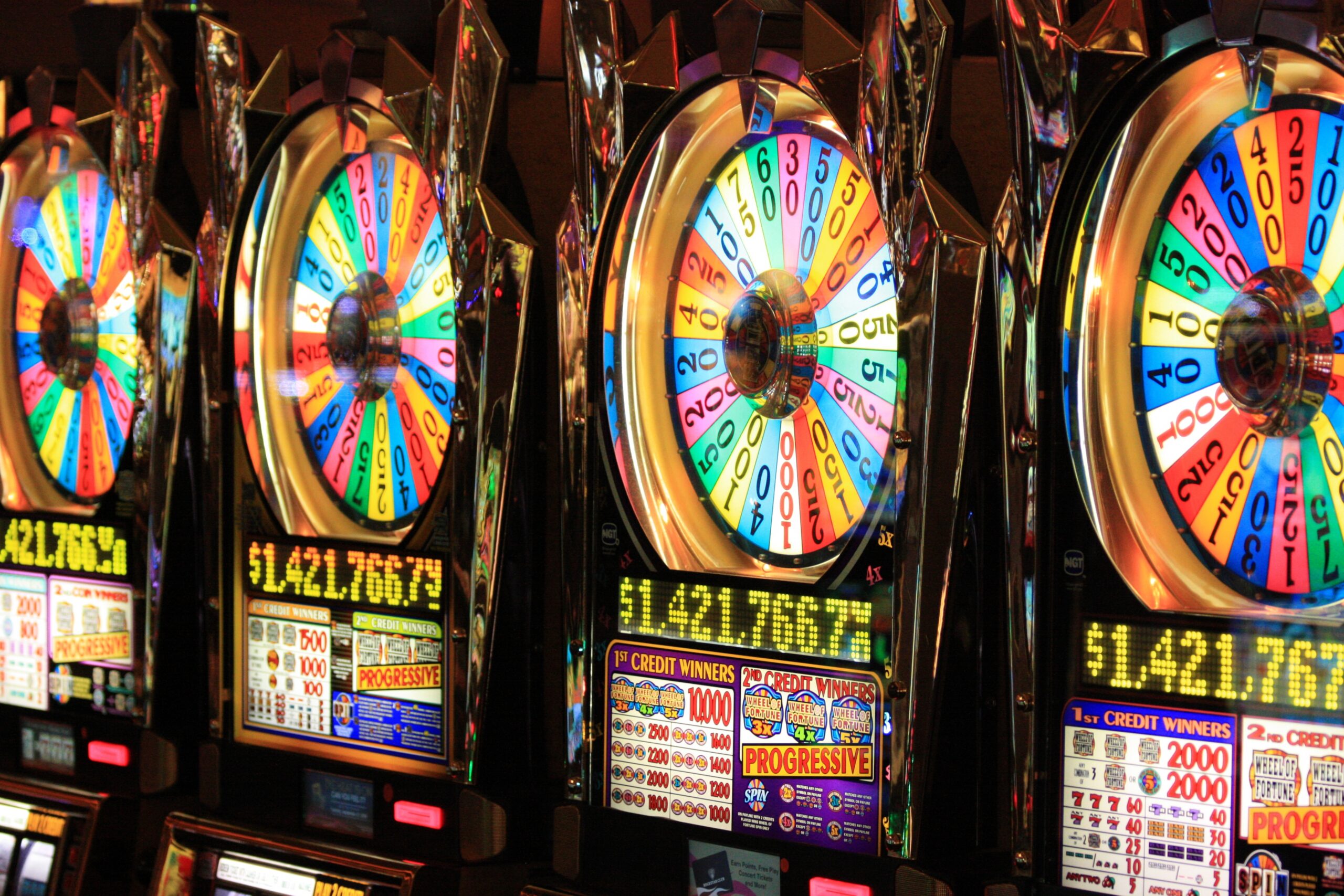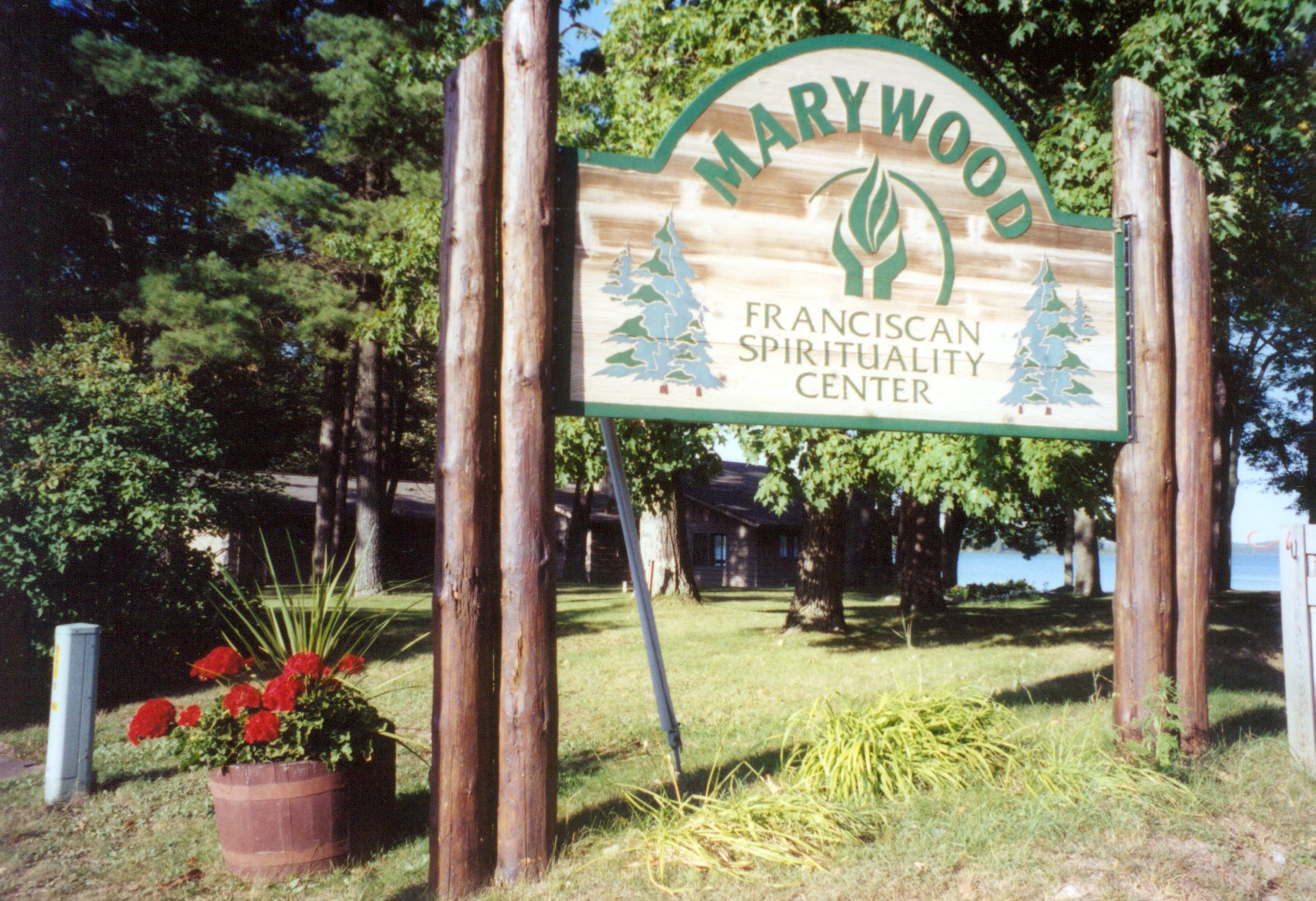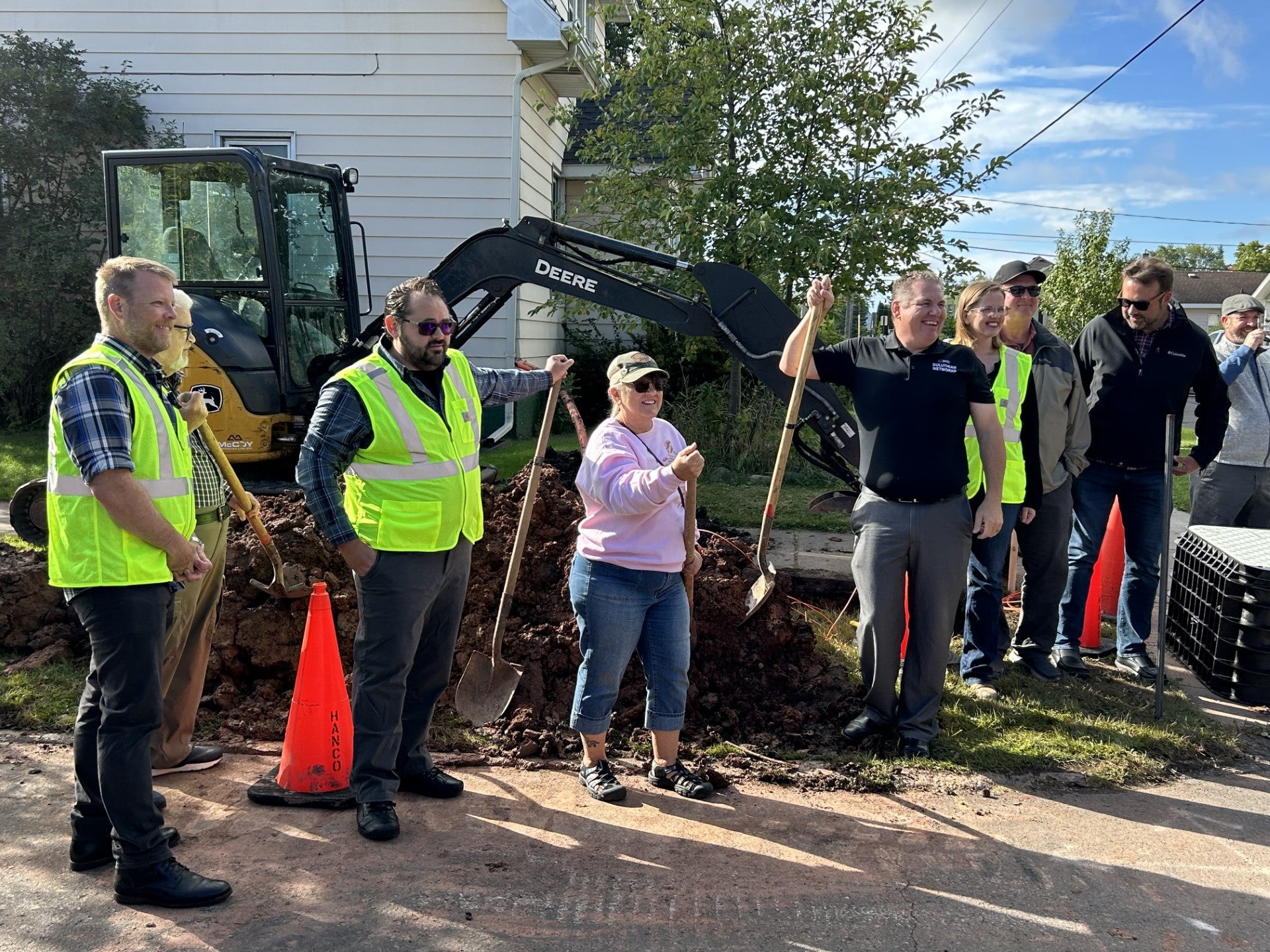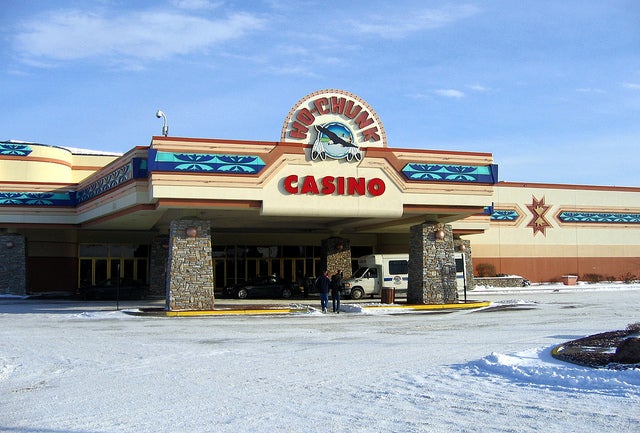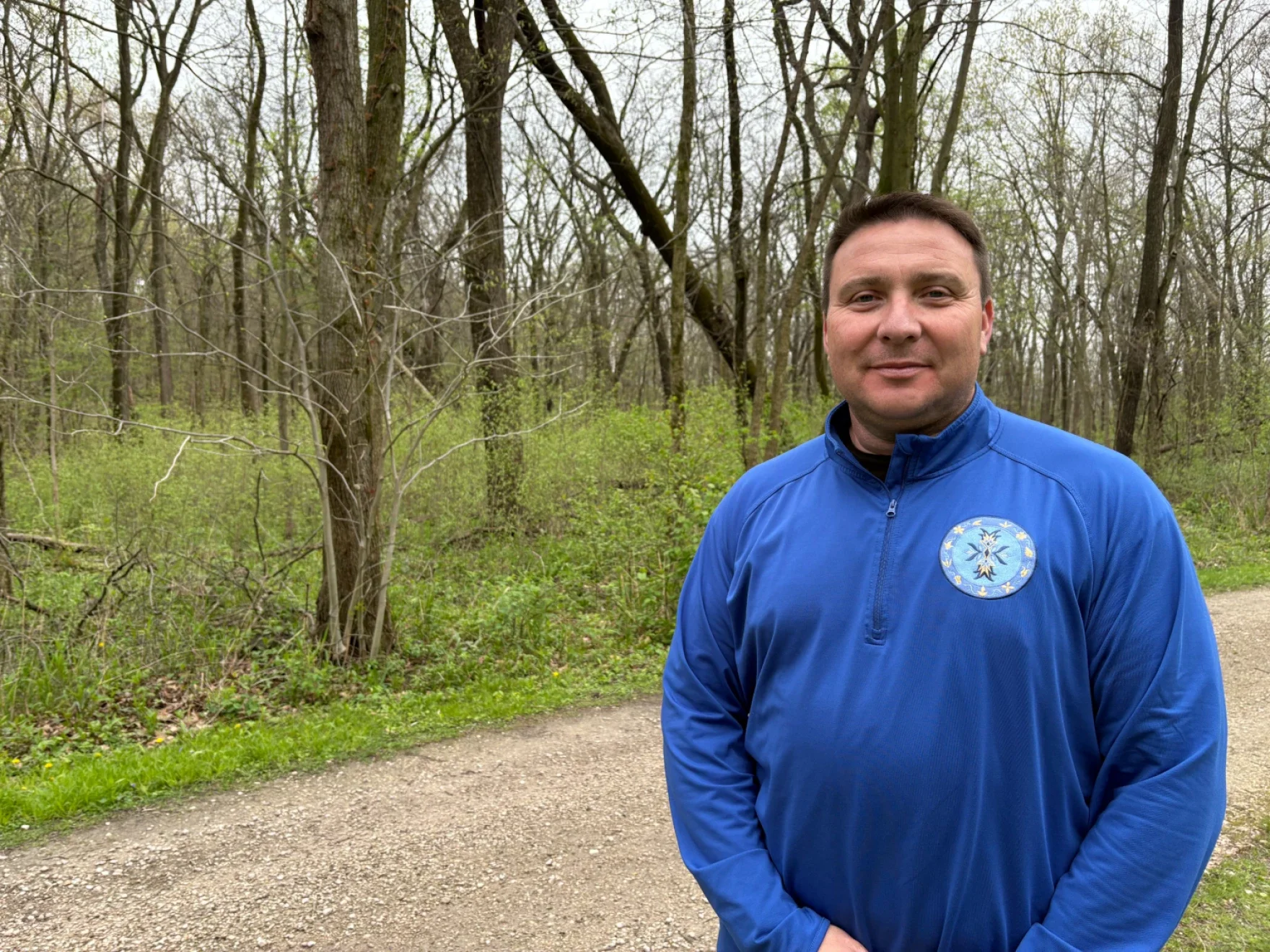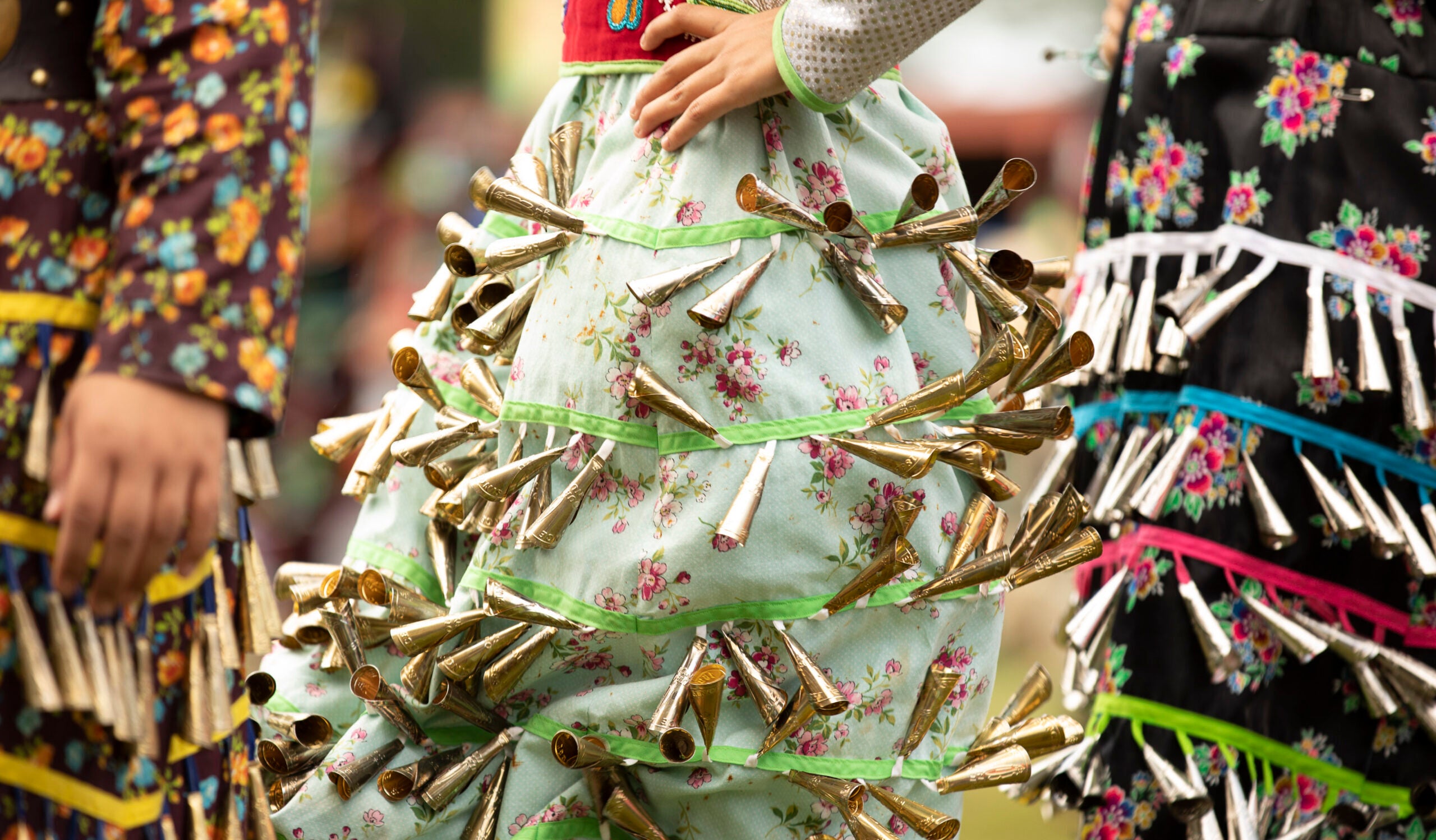Many Wisconsin tribes have been reopening their casinos as they lift or ease stay-at-home restrictions that were put in place during the coronavirus pandemic.
Many tribes maintained or extended stay-at-home, travel and curfew restrictions following the Wisconsin Supreme Court’s ruling to strike down the state’s “Safer at Home” order. Now, some are beginning to reopen businesses, campgrounds and gaming facilities.
Tribes primarily use gaming revenues from their casinos to support essential government services and programs, including health care, education and law enforcement. The National Indian Gaming Association projects 241 tribes nationwide, including Wisconsin’s 11 tribes, could see a loss of $22.4 billion in gaming revenues, according to the Wisconsin State Journal.
News with a little more humanity
WPR’s “Wisconsin Today” newsletter keeps you connected to the state you love without feeling overwhelmed. No paywall. No agenda. No corporate filter.
As of June 15, the commission reported 322 of the roughly 520 gaming operations they oversee nationwide had resumed operations with 63 additional facilities expected to reopen.
In Wisconsin, the Ho-Chunk Nation opened casinos in Madison on June 3 and in Nekoosa on Tuesday. The tribe also announced plans to open three more sites in Wisconsin Dells, Black River Falls and Wittenberg on June 29.
Ryan Greendeer, public relations officer for the Ho-Chunk Nation, said the tribe is still taking precautions to protect members during the coronavirus pandemic through travel restrictions and social distancing. At its casinos, he said they’re following many of the same standards as other businesses that have reopened since the state’s stay-at-home order was lifted.
“We’re requiring masks of everybody, and, if people are not going to wear a mask in our facilities, we’re going to ask them to leave. And if they don’t, then we’re going to escort them to the door,” said Greendeer. “That’s just for everybody’s safety.”
Greendeer said employees, visitors and guests will undergo temperature screenings when they enter their gaming facilities. In addition, he said they’re changing floor plans, installing plastic partitions to protect patrons, and limiting capacity between 25 to 35 percent of normal operations.
“We’ve done that to create some mandatory social distancing and try to help some of our guests to maintain adequate distance using the space that we provide,” he said.
Similar steps are being taken by the Forest County Potawatomi, which began a phased reopening at its Potawatomi Hotel & Casino in Milwaukee last week. Chairman Ned Daniels Jr. said in a community update on Wednesday that no issues have been reported so far, prompting a planned reopening of its Potawatomi Carter Casino in northern Wisconsin on Monday, June 22.
“Our casino management has done an excellent job putting together plans for a safe reopening, implementing these important safeguards, so we could protect the health and safety of everyone at our facilities,” said Daniels.
The Lac du Flambeau Band of Lake Superior Chippewa suspended its shelter-at-home order and curfew restrictions Wednesday and reopened its Lake of the Torches Resort and Casino under restrictions that barred smoking, required masks and social distancing. The tribe’s government buildings are set to reopen Thursday.
“People may be asked to follow certain safety measures upon entering or using one of our facilities,” said Lac du Flambeau Tribal President Joseph Wildcat Sr. in a statement. “We’re asking everyone to please respect those around you and follow safety measures designed to keep everyone as safe as possible. Many unknowns remain about COVID-19. To keep the reservation open, we all need to do things somewhat differently for now.”
Other tribes have also reopened casinos under safety precautions this month. Some are encouraging, but not requiring, people to wear masks, including the St. Croix Chippewa Indians and Lac Courte Oreilles Band of Lake Superior Chippewa. The Oneida Nation, Stockbridge-Munsee Community and Menominee Indian Tribe of Wisconsin also reopened gaming facilities at the end of May.
Yet, some tribes have not yet fully reopened their casinos despite allowing their stay-at-home orders to end or expire, including the Bad River and Red Cliff Bands of Lake Superior Chippewa. The Red Cliff tribe’s stay-at-home resolution ended last Friday while Bad River’s expired on Monday.
Red Cliff Tribal Chairman Rick Peterson said they’re not reopening the facility for gaming until they’re comfortable that patrons and employees can safely return.
“It’s going to be social distancing. There’s some rearranging on the floor. It’s going to be opened in phases,” said Peterson. “Not every component of the facility is going to open up on day one.”
As they reopen, tribes say they’re continuing to monitor the prevalence of coronavirus in the community and may re-issue restrictions if necessary to protect public health. The CARES Act allocated $8 billion in direct assistance for tribes, but the funding can only be used to pay for extra expenses incurred from the COVID-19 pandemic. The federal assistance can’t be used to replace lost gaming revenues.
Wisconsin Public Radio, © Copyright 2025, Board of Regents of the University of Wisconsin System and Wisconsin Educational Communications Board.

